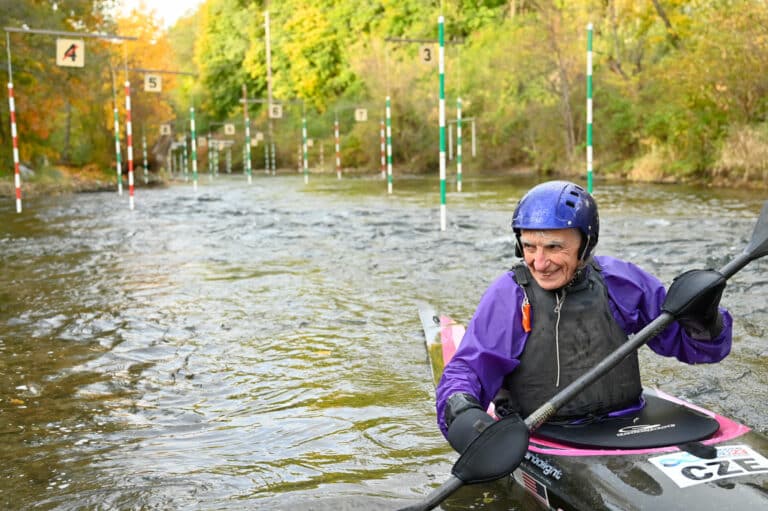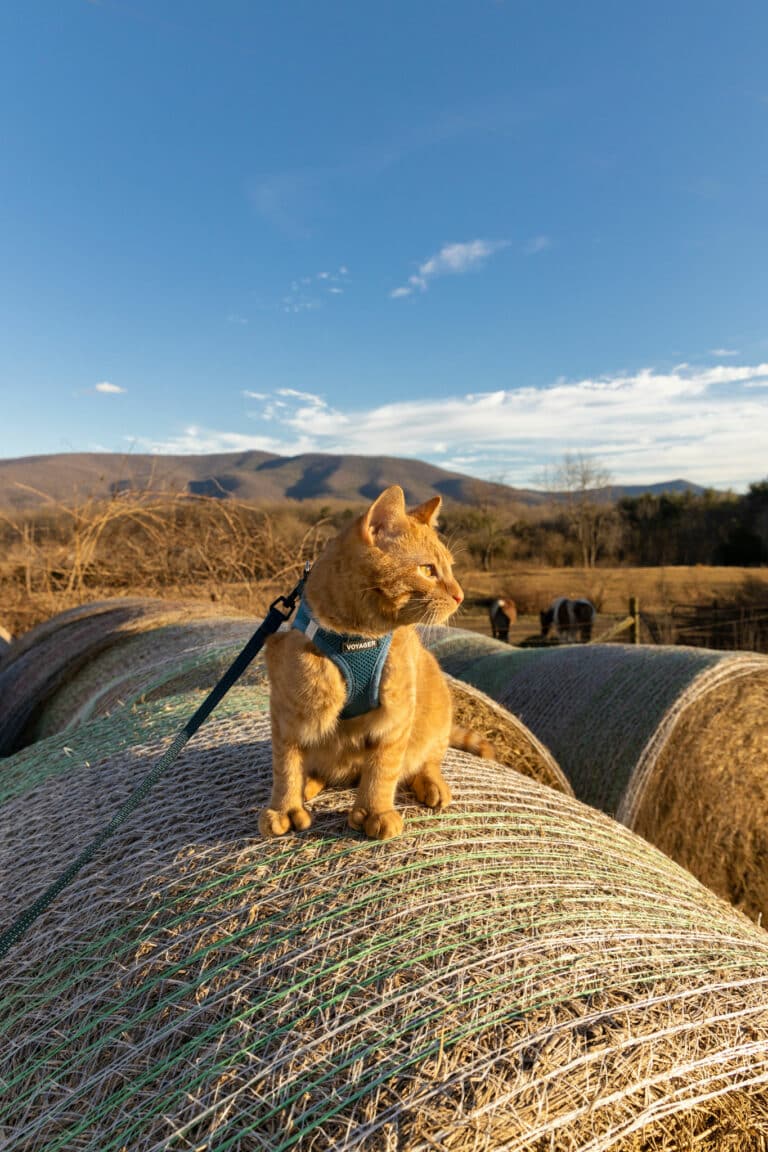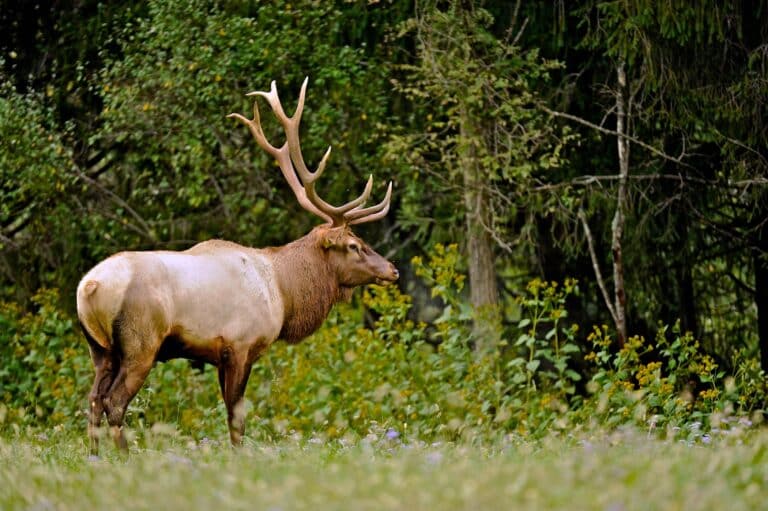The City of Lynchburg and the James River
Lynchburg, chartered by the Virginia General Assembly in 1786, emerged at the crossing of John Lynch’s ferry over the James River along a vital north-south trading route. Nestled amidst hills that earned it the monikers “The Hill City” and “The City of Seven Hills,” Lynchburg has long been intertwined with outdoor pursuits and recreation opportunities. Today, it thrives as a hub for outdoor enthusiasts, offering a wealth of activities amidst its scenic landscapes.

Hill City Through the Years
The Monacan Indian Nation, whose ancestral home is Bear Mountain in Amherst County, were the most recent indigenous people in the Lynchburg area. They lived off the land, cultivating crops, like corn, beans, and squash, and relying on hunting and foraging.
During the Civil War, Lynchburg was spared from damage, preserving its antebellum architecture and quickly recovering. The city’s founders, mainly Quakers, promoted non-violence, gender equality, abolition of slavery, and racial justice. Lynchburg was a major military hospital center and the second largest permanent hospital complex in the Confederacy. From 1875 to 1925, it was a hub of African American life and culture, home to Black high schools, colleges, and a thriving business community.

In April 1865, Lynchburg briefly served as the state capital. By the 1880s, it was the largest loose-leaf tobacco market in the country. In the early 20th century, the city became the largest shoe manufacturing center in the South, with Craddock-Terry Shoe Corporation as its biggest employer. In the 1950s, General Electric and Babcock & Wilcox boosted the local economy, making the nuclear sector a major employer.
During World War I, Lynchburg, nicknamed “Lunchburg,” served thousands of soldiers passing through by train. In the 1950s, Randolph College housed the National Gallery of Art’s emergency collection during the Cold War, now the Maier Museum of Art. Liberty University, growing significantly after the death of founder Rev. Jerry Falwell, Sr., in 2007, has made Lynchburg a true college town in the modern era.

Engaging Outdoor Sites
Lynchburg invites you to explore its rich history through a variety of engaging outdoor sites. Start your journey at the Old City Cemetery, established in 1806, where Confederate soldier graves, a chapel, and numerous monuments offer a poignant glimpse into Lynchburg’s past. Guided walking tours, self-guided exploration, and special events throughout the year immerse visitors in this historic landscape.
For more civil war history, check out the Virginia Civil War Trails network, with marked sites and interpretive markers guiding visitors through battlefield remnants and landmarks. Historic Sandusky, a house that was a pivotal site during the Civil War, provides guided tours and occasional reenactments, bringing to life the strategies and daily realities of that era amid serene surroundings.

Explore Percival’s Island Natural Area, where trails adorned with historical markers reveal Lynchburg’s industrial evolution, perfect for walkers and cyclists alike. For panoramic views and historical insights, follow the James River Heritage Trail, which is accessible via the Natural Area and winds along the riverbank. This trail system not only offers hiking and biking opportunities but also educates with interpretive signs highlighting Lynchburg’s cultural heritage. Riverside Park also blends historical exhibits with outdoor activities like picnicking and hiking, featuring a 19th-century locomotive and the hull of the packet boat, Marshall.

Indoor Adventures
For rainy days, head indoors to The Lynchburg Museum at the Old Court House, featuring exhibits on local people, events, and artifacts spanning from antique toys and military items to fine art, furniture, and historic costumes. The Legacy Museum also features rotating exhibitions and programs covering all facets of local African American history and culture, spanning from the first arrival of Africans in Central Virginia to the present. It hosts exhibit-related programs and special events, particularly during Black History Month.
Experience early 19th-century life at Point of Honor, the former home of Dr. George Cabell, Thomas Jefferson’s physician. Today, this museum offers guided tours through its elegant interiors and lush, expansive grounds. Another must-visit is Poplar Forest, Thomas Jefferson’s plantation and retreat, now hosting educational programs and recognized as both a National Historic Landmark and a Virginia History Trails site.

Key Environmental Efforts
The James River underwent significant environmental challenges throughout much of the 20th century, plagued by severe pollution and safety concerns. However, concerted efforts at the federal, state, and local levels have led to substantial improvements in water quality. Today, the James River Association plays a pivotal role, monitoring the river daily, fostering stewardship practices, and advocating for sustainable recreational activities along its banks.
A landmark in Lynchburg’s environmental conservation efforts, the creation of the Blackwater Creek Natural Area began in the 1970s through the advocacy of local naturalists, conservationists, and citizens. They successfully persuaded the City Council to acquire nearly 300 acres of abandoned railroad beds and undevelopable land along Blackwater Creek. Over time, this area has been transformed into an urban wildlife sanctuary and greenway, known as a “natural wilderness area,” accessible via wide paved paths and hiking trails. During the COVID-19 pandemic, the Natural Area provided a crucial outlet for exercise and safe social interactions, becoming one of Lynchburg’s most cherished amenities.
Within the Blackwater Creek Natural Area, the Ruskin Freer Nature Preserve holds a special distinction. Covering 115 acres of hardwood forests and creekside habitats in the city center, it honors Dr. Ruskin Freer, a prominent biology professor and Lynchburg College dean, renowned as the city’s leading naturalist in the 20th century. Today, the preserve features interpretive signage and plant identification resources for visitors interested in its ecological treasures.
Embark on a journey through Lynchburg’s historical treasures to uncover the vibrant stories that have shaped this city’s unique character and legacy.

Did you Know?
- The lip balm product “ChapStick” was invented in Lynchburg in the late 1800’s and manufactured there well into the 20th century.
- Anne Spencer, a leading figure of the Harlem Renaissance, hosted influential Black leaders like James Weldon Johnson, W.E.B. DuBois, Marian Anderson, and Martin Luther King, Jr., at her home on Pierce Street in Lynchburg.
- Local physician Dr. Walter Johnson trained tennis stars Arthur Ashe, Althea Gibson, and Juan Farrow on the clay court beside his home on Pierce Street, recently restored with support from the United States Tennis Association.
Historic Outdoor Events:
- The James River Batteau Festival, a Lynchburg tradition since 1986, sees volunteers navigating historic “batteaux” down the James River from Lynchburg to Maiden’s Landing in Goochland County each June. The event kicks off with a lively boat launch from Percival’s Island, drawing thousands of spectators.
- Celebrating its 50th anniversary this year (1974–2024), the Virginia 10 Miler in Lynchburg attracts runners worldwide to its challenging 10-mile course from E.C. Glass High School to Riverside Park every September.









